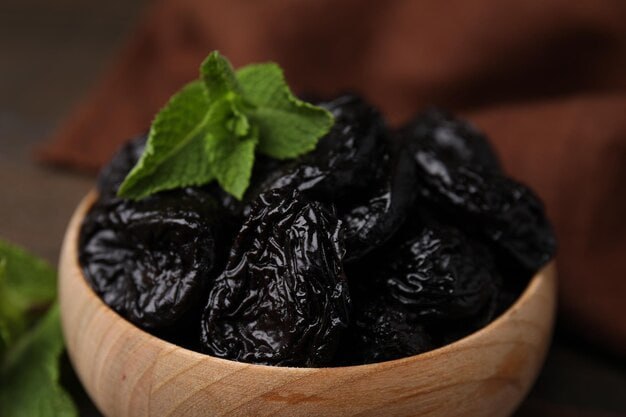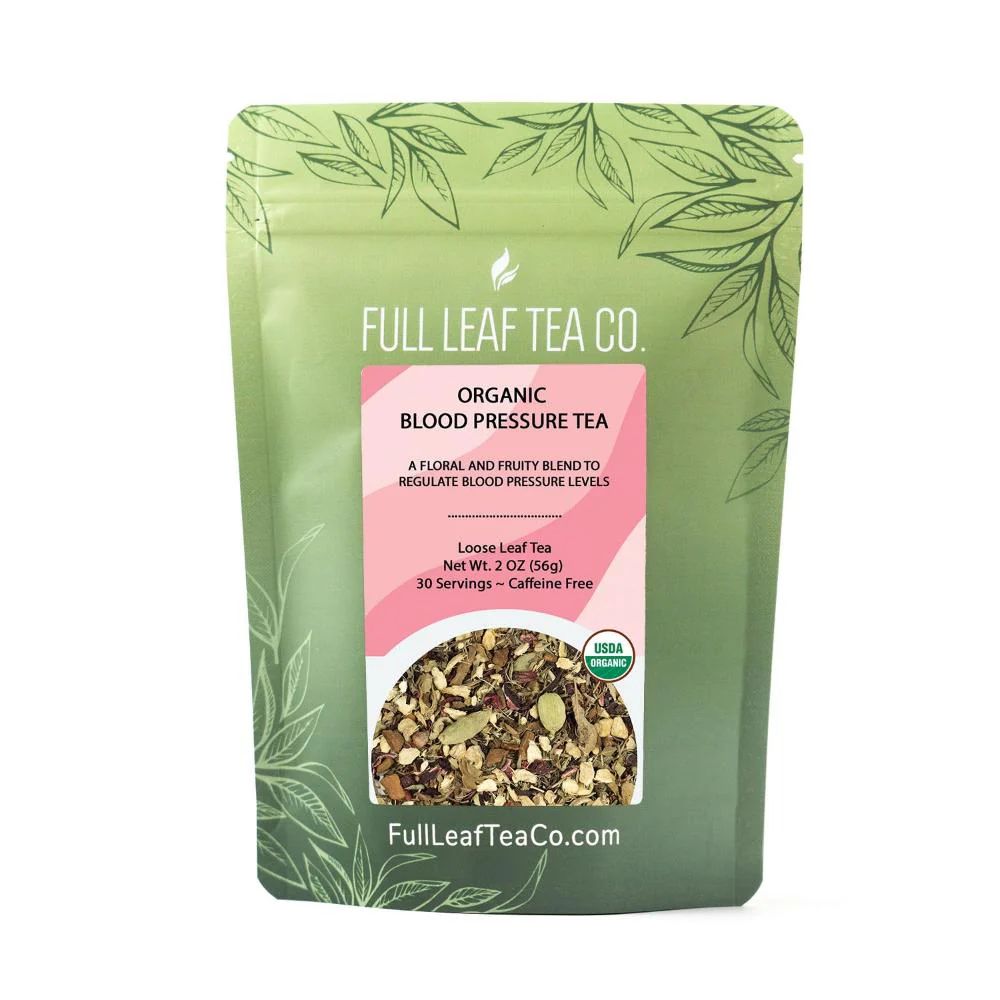By Carol M., 62, retired teacher
I never imagined a simple tea habit could do what years of medications hadn’t — help me naturally lower my blood pressure.
Last year, my doctor warned me that my BP readings (145/90 on average) were creeping into dangerous territory. I was already on two medications, and though they helped a bit, I still felt sluggish and anxious about my health.
Then I read something that changed everything.
The Study That Got Me Started

I came across a clinical study where people who drank 3 cups of hibiscus tea daily saw their systolic blood pressure drop by over 7 points — in just six weeks.
I figured, why not try it? I swapped my afternoon coffee for hibiscus tea. Within a month, my BP was consistently in the 130s. That wasn’t a fluke. I added green tea in the mornings, and my results got even better.
Why Tea Works (According to Science)
I did some digging, and here’s what I found:
- Hibiscus Tea: Contains anthocyanins and other antioxidants that may help relax blood vessels and lower resistance.
- Green Tea: Rich in catechins, which improve endothelial function and reduce oxidative stress.
- Black Tea: Also offers modest blood pressure-lowering effects when consumed consistently.
These teas work by relaxing blood vessels, improving circulation, and reducing inflammation — all crucial for heart health.
The Tools That Kept Me Accountable
Tracking my numbers made all the difference.
I bought a validated blood pressure monitor (the kind with an upper-arm cuff, recommended by the American Heart Association). It stores my readings and helped me recognize what was working.
I also started using a blood sugar monitor. I’m not diabetic, but I learned that blood sugar spikes can affect blood pressure — especially after meals.
Why Blood Sugar Matters:
Chronic high blood glucose levels damage arteries and raise the risk of hypertension. Catching early signs of insulin resistance or glucose spikes can help protect your heart.
My tips:
Check BP in the morning, before tea or breakfast
Record your numbers in a log or app
Watch the trend, not just the daily number
My Results
After 10 weeks:
BP dropped from 145/90 to 126/82
Blood sugar stabilized post-meal
I felt clearer, slept better, and had more energy
My doctor reduced one medication dosage
Final Thoughts
Tea didn’t replace my medicine — but it gave me something I could do every day to help. And it worked. Now I feel like I’m supporting my health naturally, without side effects.
If you’re over 45 and looking for a simple way to support healthy blood pressure, talk to your doctor — then start sipping.
Medical References
McKay DL, Chen CY, Saltzman E, Blumberg JB. Hibiscus sabdariffa L. tea lowers blood pressure in prehypertensive and mildly hypertensive adults. J Nutr. 2010 Feb;140(2):298–303. doi:10.3945/jn.109.115097
Khalesi S, Sun J, Buys N, Jayasinghe R. Green tea catechins and blood pressure: a systematic review and meta-analysis of randomized controlled trials. Eur J Nutr. 2014 Jun;53(6):1299–311. doi:10.1007/s00394-013-0626-8
Hodgson JM, Croft KD, Puddey IB. Black tea lowers blood pressure: a meta-analysis. Arch Intern Med. 2012 Mar 26;172(6):494–500. doi:10.1001/archinternmed.2011.827
American Heart Association. Home Blood Pressure Monitoring. https://www.heart.org
Centers for Disease Control and Prevention. How Diabetes Can Affect Your Heart. https://www.cdc.gov/diabetes/managing/diabetes-heart-disease.html
Buy Now
